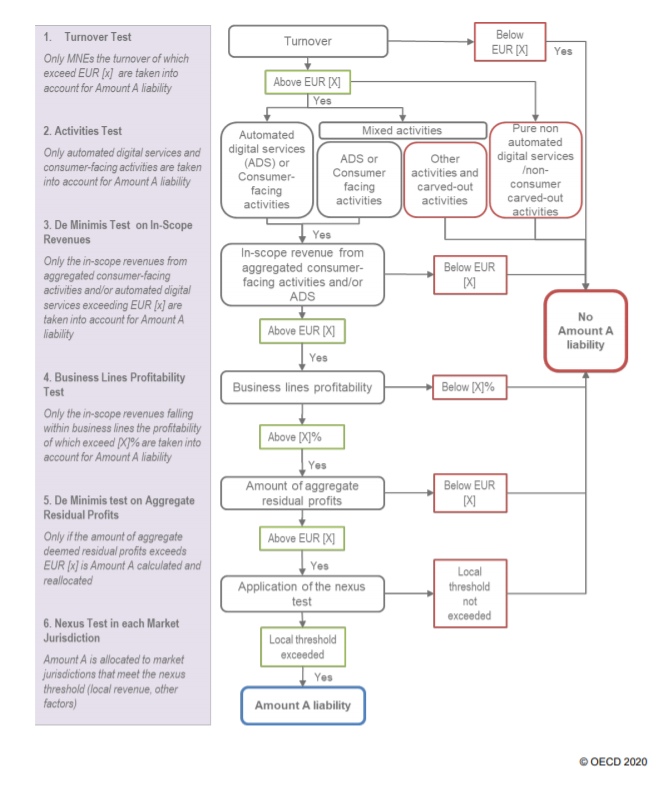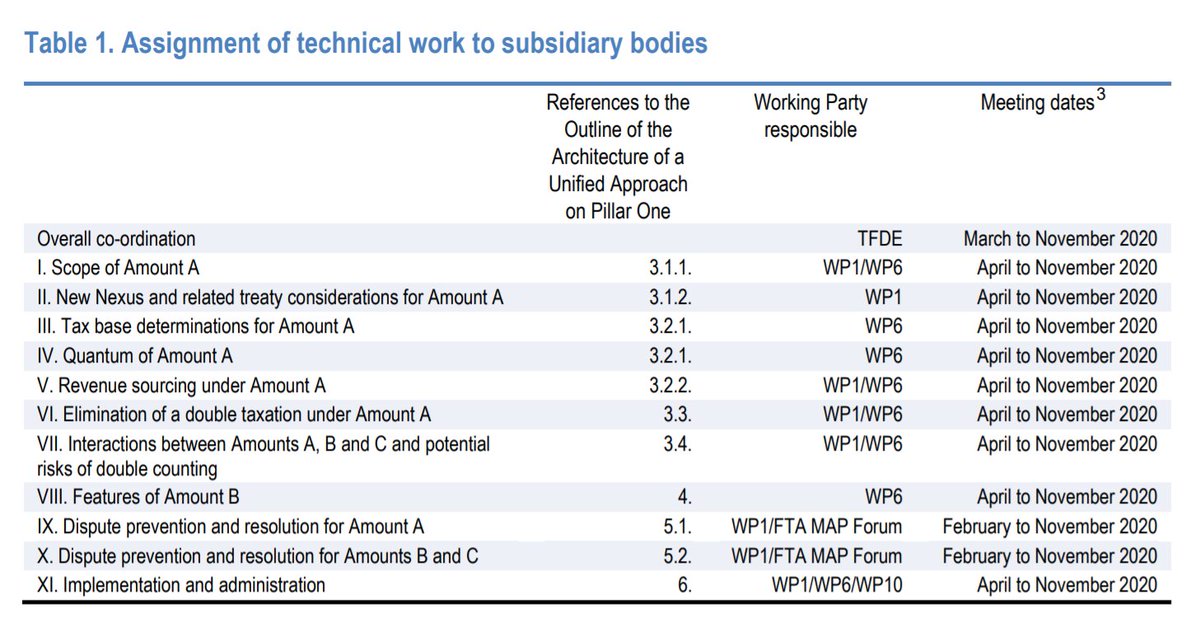
Matt summarises very well the broadly non-ideological objections to what has just been achieved, in confirming corporate tax abuse as part of the illicit financial flows SDG target, so I'll try to thread a response with each of his points
https://twitter.com/aidthoughts/status/1318593681256054784
So first, I don't think there really is much of this confusion around. People largely understand these are quite different phenomena; but they also recognise, rightly, that they depend on being hidden, and they do the same kinds of revenue & social damage
https://twitter.com/aidthoughts/status/1318593681256054784?s=20
This is a point of disagreement. I saw that much of the pushback was *precisely* not to have corporate tax abuse addressed under either 16.4 *or* 17.1, but to keep it out of the SDGs entirely - on the grounds that the OECD had it covered. (Discuss.)
https://twitter.com/aidthoughts/status/1318593684032671744?s=20
I can state categorically that this didn't play a serious role. Remember that we're talking about 2015 when the pushback begins, perhaps a bit in 2014. There was no shortage of outrage about corporate tax abuse, whether it was part of 16.4 or not.
https://twitter.com/aidthoughts/status/1318593685173526528?s=20
Indeed, for some of us, there was a danger here - because we knew that the numbers on corporate tax abuse were more solid than those on other IFF, there was a risk of them being lumped together as not very robust
https://twitter.com/aidthoughts/status/1318593685173526528?s=20
Was there unanimity? In the key policy discussions, pretty much. The Mbeki panel focused on corporate tax above all else, and it was the only reason 16.4 existed. The UN SG's High Level Panel followed on, and refers to corp tax abuse throughout
https://twitter.com/aidthoughts/status/1318593688256348167?s=20
There was no public attempt that I've seen - literally not one, from any party - attempting to unpick this before the SDGs were agreed. I've seen attempts since to say that there were different views in the UN SG's HLP, and perhaps there were. But (this from Uncounted): 

I agree with Matt that there were people with different views at the World Bank. I just don't think they had a significant role in the decision of the united nations of the world to set target 16.4. And nor should they have had.
https://twitter.com/aidthoughts/status/1318593688256348167?s=20
Right. We are here now and should act to make the target work well. Following our proposals and others, it seems clear that the indicators will reflect precisely the difference between corporate tax abuse and other elements, so we get precision for each.
https://twitter.com/aidthoughts/status/1318596327098417153?s=20
Yes: those who opposed this outcome, based on a genuine desire for effectiveness against corporate tax abuse and other IFF, will presumably now swing in behind as Matt says. Those who were disingenuous on this point and preferred no (UN) progress - won't.
https://twitter.com/aidthoughts/status/1318596327098417153?s=20
• • •
Missing some Tweet in this thread? You can try to
force a refresh




